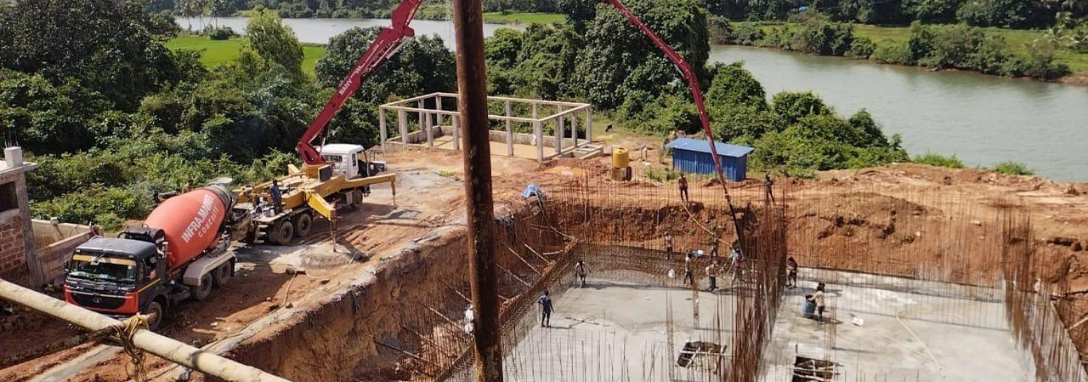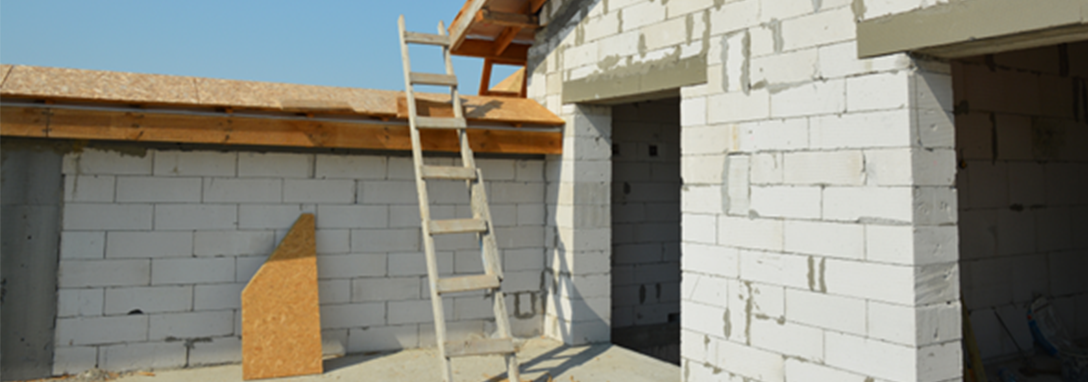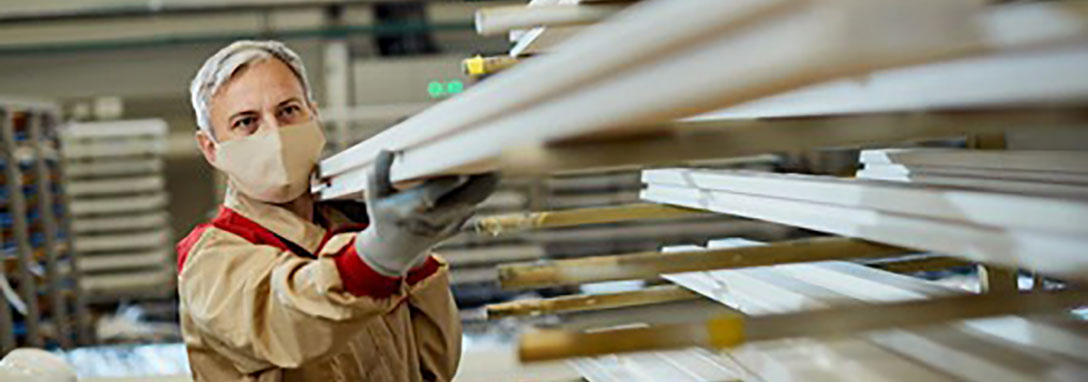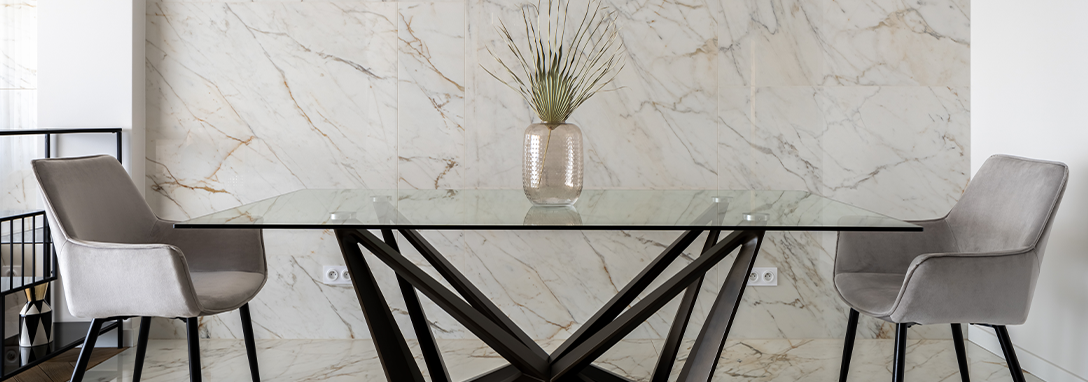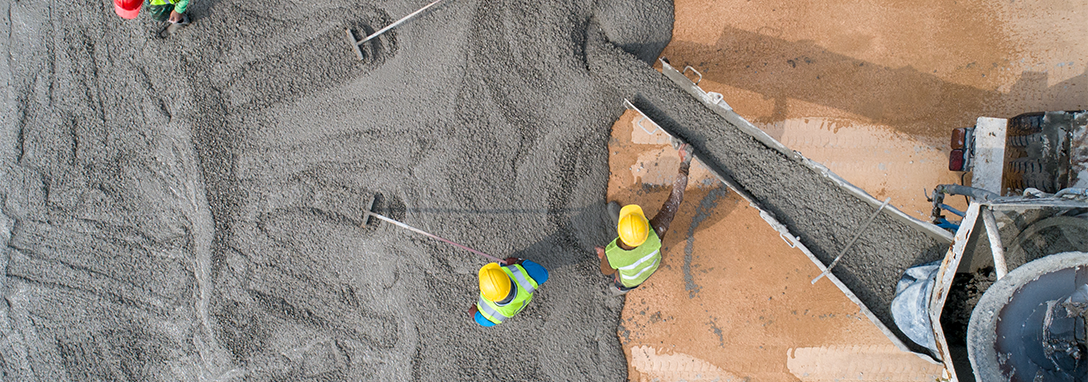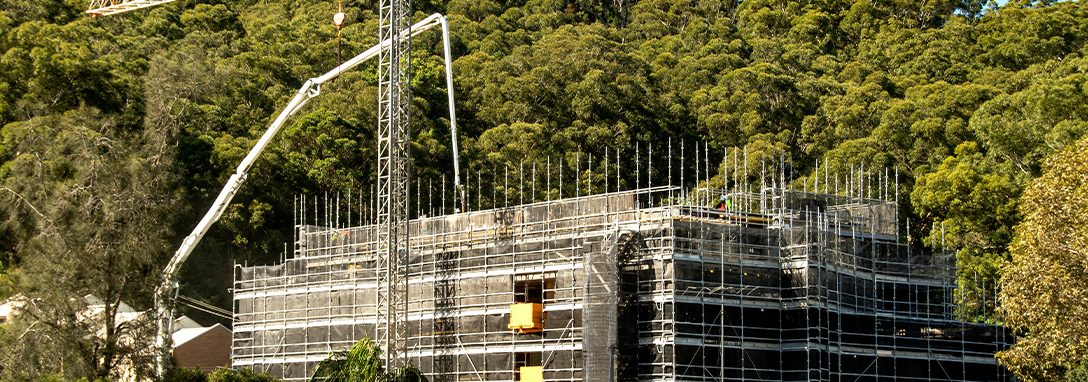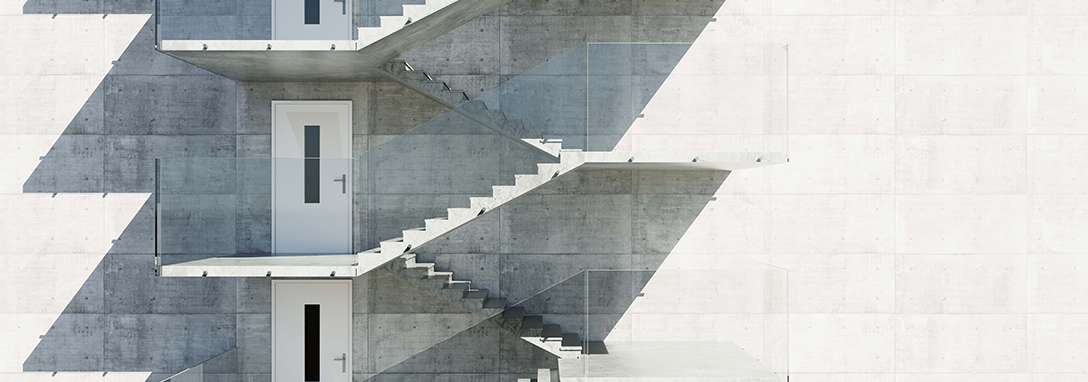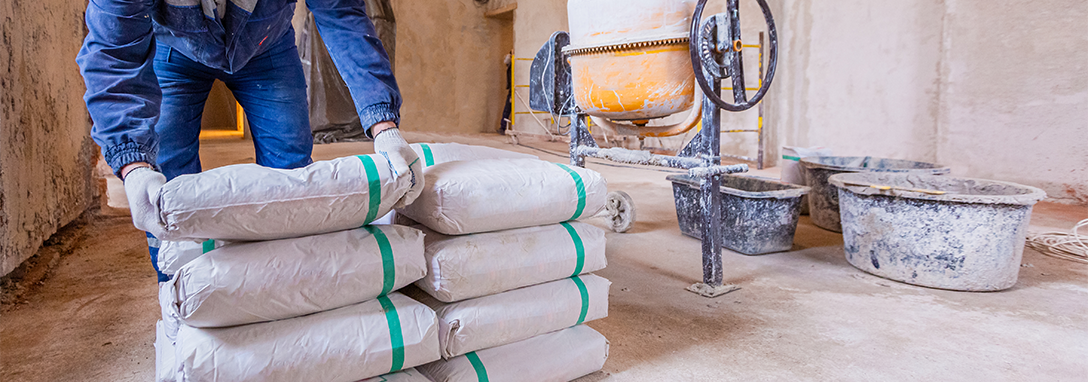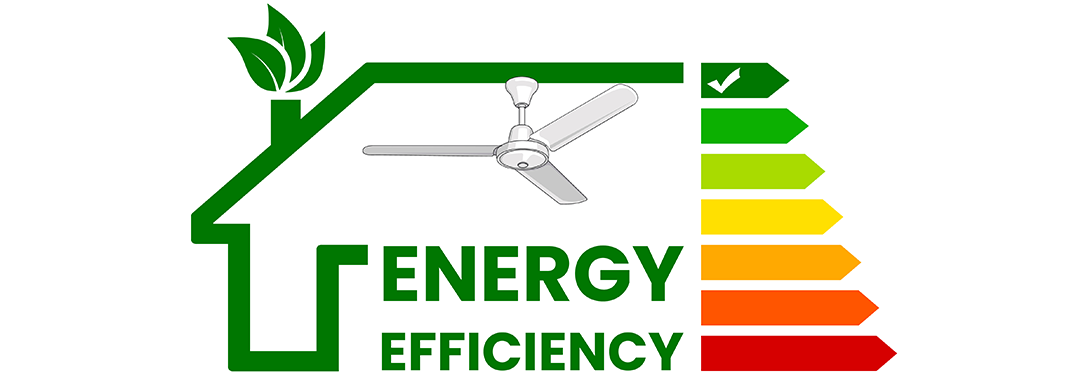Top Six Advantages of RMC
Concrete is one of the most important components in the construction industry as its quality has a direct impact on the strength and durability of the structure. That is why ready-mix concrete plays an important role. Ready Mixed Concrete (RMC) is a tailor-made concrete, manufactured with standard composition and process, and then taken to the site in transit mixers. In manual concreting, managing labor and getting accurate concrete composition is a challenge. The advantages of using RMC are plenty as it helps improve efficiency and reduce wastage of resources.
Quality and Consistency
Assured quality as standardized methods are used at an RMC plant. Variables such as compressive strength, ingredients proportions, water-cement ratio, workability, and slump can be controlled and molded as per the requirement of the project. Strict quality control and process parameters have significantly increased the pace and the quality standards of today’s structures, unlike the old times.
Efficiency and Speed
The traditional method of mixing concrete involved a lot of labor and a longer duration for the completion of projects. However, most of the process of making RMC is machine operated. With the advent of technology, the construction industry is moving towards reduced manual labor and higher efficiency. Currently, concreting can be done at a rate of 45-60 cubic meters in concrete plants compared to 15-20 cubic meters per hour previously done conventionally.
High Versatility
RMC has repeatedly proved to be a versatile construction material. It is manufactured to ensure functionality in a variety of demanding environments including indoor or outdoor, exposed or concealed, dry or wet locations. This tailor-made procedure is versatile as per the methods used by the site contractor, from its use to the method of placing it.
Reduced Wastage
Ready mix concrete makes use of bulk cement instead of bags of cement, thereby saving cement and reducing the dust caused. Cement saving also conserves energy and resources. Better handling and a proper mixing practice reduces the consumption of cement by 66%. Additionally, it reduces the storage space for the basic materials at the construction site. Hence, overall RMC assists in avoiding wastage of raw materials related to the construction process.
Environmental Friendly
In the modern world, conserving our environment has become a top priority. Creating the right concrete mix on-site involves emitting a lot of dust and risk. It not only reduces dust pollution caused by making the mixture on site but also prevents noise pollution. Petrol and diesel consumed is less thus noise and air pollution are reduced, hence minimal impact on environment.
Optimizes Lifestyle Cost
RMC is more durable and increases the service life and saves repair costs. With the guarantee of structural durability, and reliable strength, it is promising for all construction projects, housing as well as commercial.
With no demand for storing the raw materials, no equipment to hire, no depreciation of costs; such customized features of RMC make it a favorable option over site mixed concrete, in most cases.


